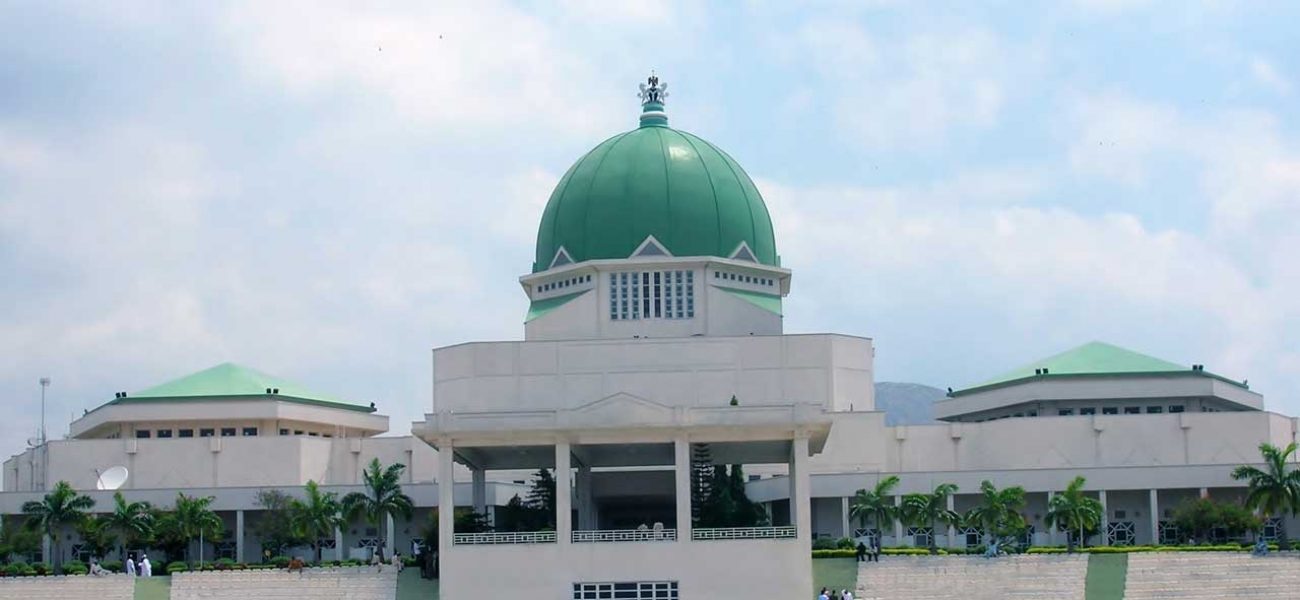The Nigerian National Assembly, on Thursday, June 10, embarked on its traditional year-end recess. The recess intended to last two weeks is usually taken to break one year of sitting by both the Senate and House of Representatives. Both chambers are expected to resume for the 2021/2022 legislative year on June 22 and June 29, respectively. The recess is coming against a background of several pending concerns, particularly, the Electoral Act (Repeal & Re-enactment) bill, which has been undergoing legislative process for more than one year. The bill was subject of public hearing at the National Assembly in 2020 and had nationwide participation and input. At the public hearing, Senate President, Ahmad Lawan, promised that the bill would be passed before the end of March 2021. Unfortunately, that commitment failed. The Senate President was to later state that the bill would be passed before the end of June 2021. With the recess now taken, it is feared that the commitment to passing the Electoral Act (Repeal & Re-enactment) bill before the end of June is again, threatened.
The Independent National Electoral Commission (INEC) has scheduled Nigeria’s next general elections for February 2023 – barely 22 months away. The delay in passing the Electoral law to guide the next elections, portend serious danger for the conduct of credible elections in the country. For the election management body to be able to conduct elections that are credible, preparations need to be made and logistics put in place to achieve this. For instance, INEC needs to know the nature of equipment needed to conduct the elections with procurements made and configurations achieved. Indications are clear that continued delay of the passage of the new electoral law portends serious danger for Nigeria’s next elections.
In addition to the Electoral Act, several other legislations hang and are pending in the National Assembly, and Nigerians are beginning to worry about the implications of delays of passage of bills in the legislative house. Some critical bills, including the Petroleum Industry Bill (PIB) and Constitution alteration bills are affected.

